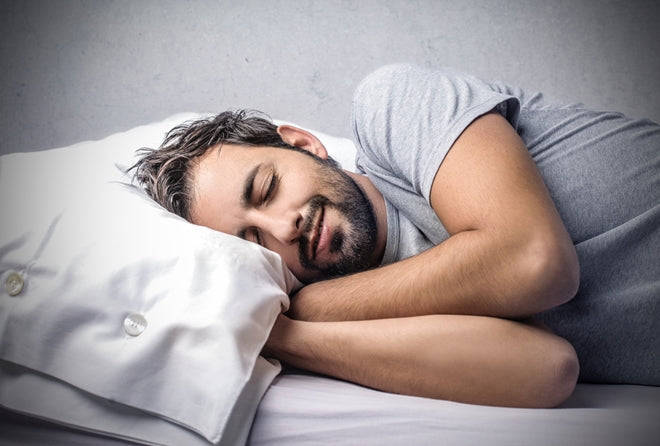Some consider a good night's sleep more of a luxury than a necessity. Those people would rather prioritize completing other tasks in the day than getting the right amount of sleep every night. But just like you need food, water and oxygen to survive, rest is a must. According to the National Sleep Foundation, adults need seven to nine hours of sleep. Are you meeting those requirements? Your overall health and well-being depend on it.
Here are five ways your body restores itself while you're asleep:
1. Brain
According to Ann Malkmus, brain activity in the cortex drops by 40 percent during the first phase of sleep. In her book, "Unravel the Mystery," she explained that this reduces the blood flow that's required for brain activity, which is then redirected to the muscles to restore energy. During the last few phases of sleep, your brain becomes more active and organizes thoughts, reevaluates memories and links short-term storage to long-term storage.
2. Blood
As you rest, your heart rate decreases between 10 and 30 beats per minute. Blood pressure goes down as well. Blood cells and tissue become less active in deep sleep, which allows them time to rebuild damaged tissue.
3. Immune System
Have you ever wondered why people suggest getting a good night's sleep when you're feeling sick? It's because your body produces cytokines while you rest, hormones that help your immune system fight certain diseases and infections.
"While you sleep, the hormone system switches to an anabolic phase."
4. Hormones
While you sleep, the hormone system switches to an anabolic phase, which encourages improvement and growth throughout the body. Adrenalin hormone levels and corticosteroids drop and the body produces human growth hormone, melatonin, follicle-stimulating hormone, luteinizing hormone, testosterone and fertility hormones.
5. Skin
You've heard the term "beauty sleep," but is it anything more than a myth? As you rest, your metabolism rates accelerate and the production of cells increases. Protein damage is also reduced. Because proteins are necessary for cell growth and repairing skin damage, "beauty sleep" is real and necessary for a lively complexion.
While eating our primarily-raw, well-balanced diet is the best way to improve your overall health, we suggest not eating two hours before going to sleep. The digestive system slows down, keeping enzymes and stomach acid from running at normal levels. This results in poor digestion and reduced nutrient uptake. Make it a habit to leave an adequate amount of time between dinner and bedtime for proper digestion.






